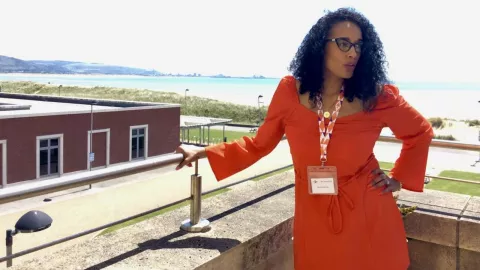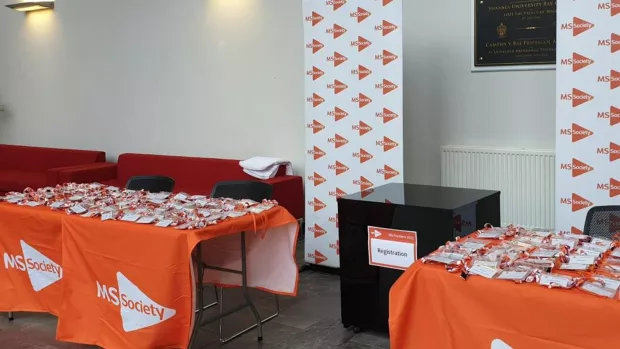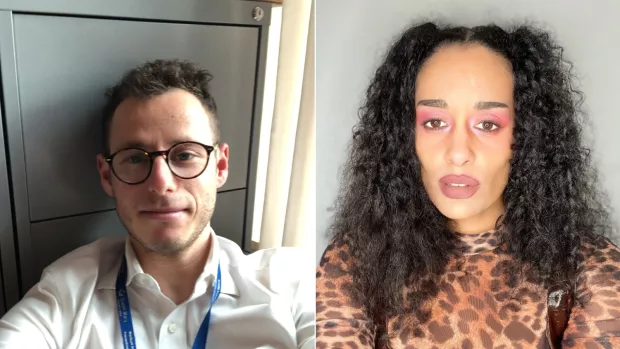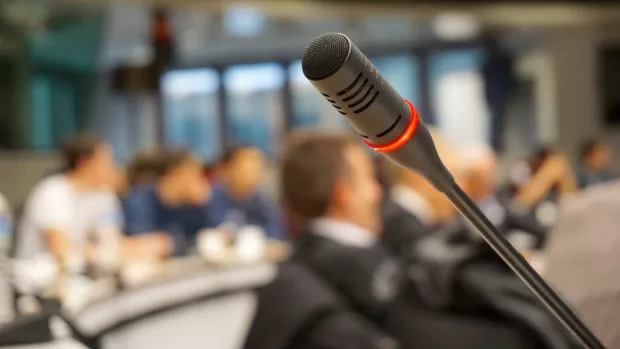
“These are the people I want in my corner!”
Roxy's a podcaster, MS advocate and fashionista who advocates for the visibility of people of colour to be included in the MS narrative. She attended our MS Frontiers conference and tells us her highlights. There's also a question from Dr. Irene Gonzalez-Molina, a researcher at the University of Edinburgh also at MS Frontiers.
What did you think of MS Frontiers?
The MS Society invited me to chair a session on representation. It was nice to see the people behind the research. I could really see how much they love their job. I thought "these are the people I want in my corner because I can see their dedication." Also, everyone was way funnier than I first imagined!
Irene asks: How did you get started in your advocacy?
I was misdiagnosed at 18. And then I had years of struggling to get properly diagnosed, partly because of my race. After not being given treatment at probably the most crucial stage, I was like "I don't want anyone else to have to deal with that."
So I just started talking about my story. I love talking! Now I have ways to connect with people across the world.
What was the most exciting part of the conference?
My most exciting part was running the session of presentations, even though it was the most anxiety-inducing! This is something I’ve advocated for years and I felt like I could be a gateway for people that I respect. It was nice to be together with neurologists and researchers, people with different perspectives, and not just as a patient.
Were there any topics that stood out to you?
I saw research about how MS affects the whole brain, not just lesions you can see on MRI scans, which makes sense to me. Sometimes my cognition goes into complete disarray and there are no new lesions. But that doesn't mean my MS hasn't progressed. So to hear researchers saying the same thing is interesting.
I was able to speak to someone first-hand that understands things outside of a Google search engine or a 5 minute appointment. Now, I know I can feed the information to the community.
What have you been thinking most about since?
How the changes could be sooner than we think. Often research 'will take another 8 to 10 years'. But a lot of the steps have actually already happened!
And a lot of the changes were about attitude shifts. Like if researchers decided to be more inclusive in their studies that would be a rapid change. So change can be fast if it's from a human being, if they have the knowledge.




